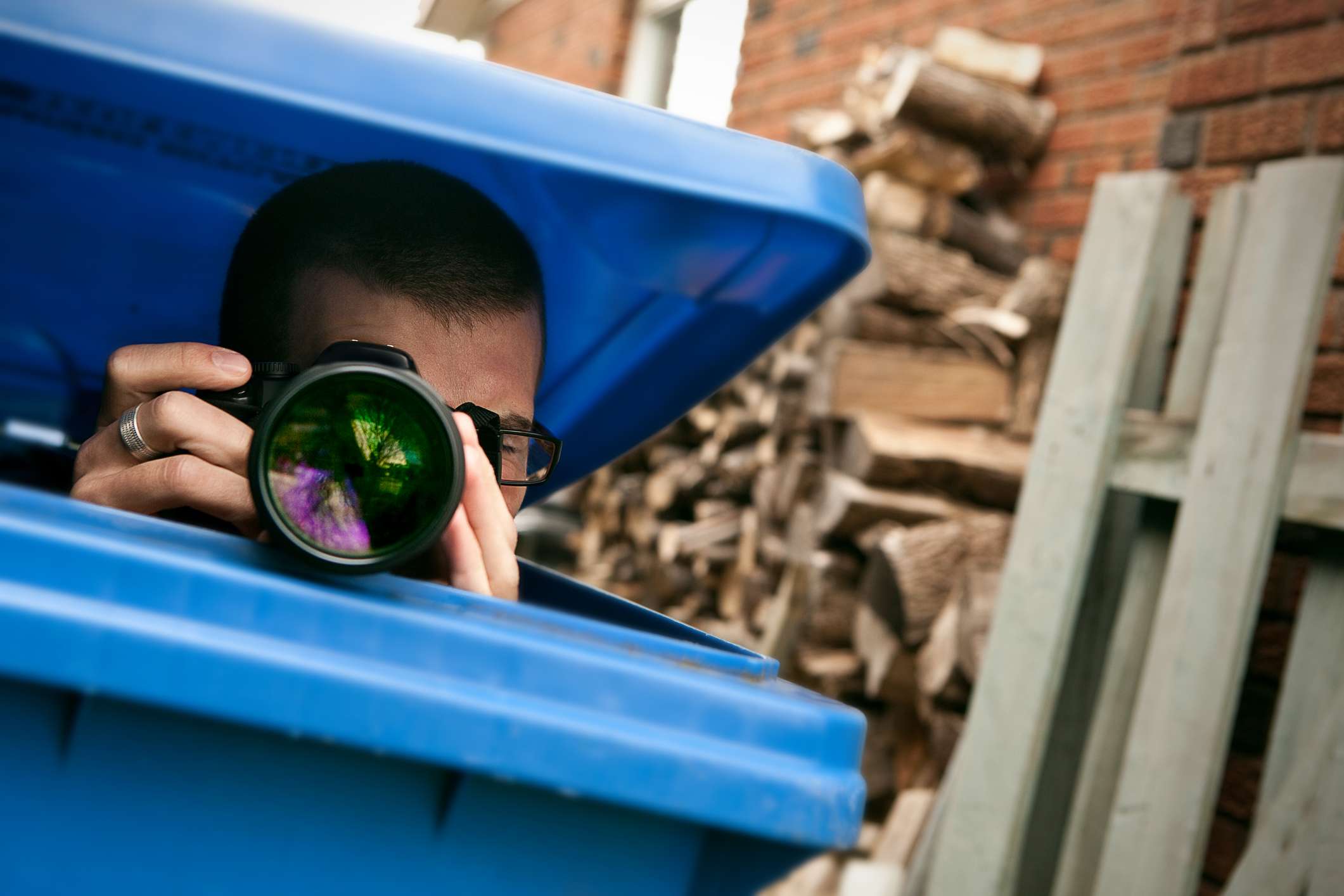Did an Anti-Cyberbullying Law Allow Montreal Police To Spy On a Journalist?
Police tracked a journalist's phone to investigate his sources, and an anti-cyberbullying law may have given them legal cover to do it.


The Montreal Police Department spied on a journalist's phone for months, and they did it legally by obtaining 24 surveillance warrants which police used to track his location through the phone's GPS, and also keep an eye on his incoming and outgoing text messages.
La Presse columnist Patrick Lagacé was quoted by The Guardian as saying, "I was living in the fiction that police officers wouldn't dare do that, and in the fiction that judges were protecting journalists – and hence the public – against this type of police intrusion." The Ottawa Citizen reports Lagacé also said, "I'm not an investigative journalist and they did this to me," adding, "this is now free game and not taboo anymore."
What was so important that both the police and justice of the peace felt the concept of a free press was standing in the way of public safety? An internal police investigation called Projet Escouade, which involved investigating allegedly corrupt officers accused of fabricating evidence in drug-related cases, and which has led to five officers' arrests. The police's spying on Lagacé's phone revealed that one of these officers had been in contact with Lagacé.
Montreal Police Chief Philippe Pichet gave a press conference on Monday where he reportedly paid lip service to the importance of a free press but also defended his department's actions because "We do have a responsibility to investigate all types of crimes involving officers," adding, ""What is important for me is that all regulations were followed."
Lagacé responded to Pichet's press conference by telling the Ottawa Citizen, "Lives were not at stake, this was not a question of national security," and asserted that his writing about the alleged corruption "made them look bad, that's why they decided to go after me in the way they did." Lagacé added, "There is a real witch-hunt going on at the Montreal police department. It has been going on for years, they have been trying to find out who dare speaks to reporters."
Montreal's Mayor Denis Coderre called the matter "troubling" and the city's public safety commission will be examining the issue, but will do so behind closed doors and away from public scrutiny.
The Guardian notes:
The Canadian Journalists for Free Expression said it had sent a letter to the mayor of Montreal and the city's police force demanding that the practice of spying on journalists be condemned. "It really fits an extremely troubling pattern around policing and security agencies in Canada," said Tom Henheffer of the organisation.
Recently Québec police seized the computer of a reporter from the Journal de Montréal over concerns that he had illegally obtained information for a story. Their actions followed revelations that the Royal Canadian Mounted Police had followed two journalists for nine days without any kind of authorisation and came as the [Royal Canadian Mounted Police] RCMP is engaged in legal action aimed at forcing Vice Media to hand over background materials relating to a series of stories on a suspected terrorist.
The judge's justification for approving the warrants remains a mystery until November 24, when the warrants are scheduled to be made available to the public. CBC News interviewed Christopher Parsons of the Canadian Telecom Transparency Project at Citizen Lab, who said that the spying might not have been made "legal" by anti-terrorism statutes, as some suspect, but an anti-cyberbullying law called Bill C-13 that permits police to "track an object, person, or transmission of data if the authorities have the suspicion or belief that doing so could assist an investigation."
From CBC News:
Parsons said that Bill C-13 was "sold to the Canadian public as necessary to stop cyberbullying," but applies to the general public.
"These orders that were used to conduct surveillance on the journalist and his respective sources, those are all powers that can be used in ongoing investigations, so most Canadian citizens will be subject to them," he said.
What's more, the target of such surveillance "won't necessarily be notified that they were targeted by the surveillance unless charges are brought against them," Parsons told CBC. "So the police could conduct surveillance and the target would never know."
72 percent of Quebec residents think spying on journalists' phones to try and track their sources is "unacceptable," according to a poll cited in the Montreal Gazette.


Show Comments (7)